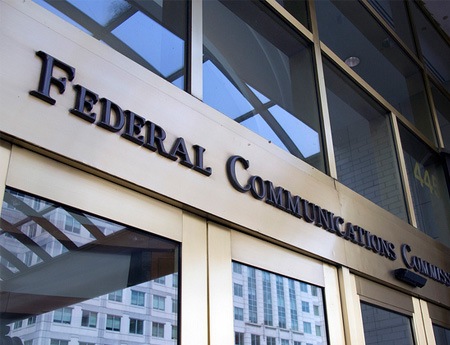FCC Puts Reverse (Auction) Into Higher Gear

The smarter way to stay on top of broadcasting and cable industry. Sign up below
You are now subscribed
Your newsletter sign-up was successful
The FCC is boosting the number of rounds per day in the broadcast incentive auction from two to three, which means it is boosting the rate at which it will be lowering prices, as it does by some percentage each round.
At that three-rounds-per-day rate, the auction would last no longer than Oct. 13.
The FCC announced Friday that starting Sept. 27, bidding will go from two, two-hour rounds (10 a.m.-12 p.m. and 3-5 p.m.), to three, one-hour rounds at 10-11 a.m., 1-2 p.m. and 4-5 p.m.
Related: T-Mobile Backs FCC on Set-Tops
That means that bidders will have to be even more vigilant since missing a bid in any round signals to the FCC it is done bidding.
Bidding began in stage two of the reverse auction Sept. 13 with a single four-hour round, followed by two two-hour rounds per day since.
Related: NAACP, Urban League Tell FCC to Pause Set-Top Vote
The smarter way to stay on top of broadcasting and cable industry. Sign up below
The second phase of the reverse auction will look to clear 114 MHz, the FCC's next highest clearing target. That means reclaiming two fewer UHF channels, which means the FCC will have more places to repack broadcasters, which means, as the FCC's incentive auction executive team said in a blog Sept. 12, "some stations that were provisionally winning after Stage 1 will become “unfrozen” in Stage 2 and will be presented decreasing price offers during the bidding rounds. This process will result in lowering the overall costs of clearing spectrum for wireless use."
The FCC wants to remind broadcasters to keep their eyes trained on that "unfreeze" point. "Bidders with stations that begin Stage 2 with the status of “Frozen – Pending Catch-Up” [stations frozen in the first stage, but only frozen in stage 2 until the point at which they froze in stage 1] must be on their toes, as this status can change from one round to the next and will change by the end of the new stage," they said. "Remember – if a station’s status changes to “Bidding,” and the bidder fails to submit a bid for that station, the system interprets this as a bid to drop out and could lead to the station exiting the auction.
Related: Set-Tops—ANA Calls FCC App Licensing Regime 'Draconian'
Those who followed Stage 1 of the first auction will remember it is essentially a silent auction, with the FCC providing no real-time information on how the bidding is progressing or at what price point, as it did with the forward auction.
Contributing editor John Eggerton has been an editor and/or writer on media regulation, legislation and policy for over four decades, including covering the FCC, FTC, Congress, the major media trade associations, and the federal courts. In addition to Multichannel News and Broadcasting + Cable, his work has appeared in Radio World, TV Technology, TV Fax, This Week in Consumer Electronics, Variety and the Encyclopedia Britannica.

